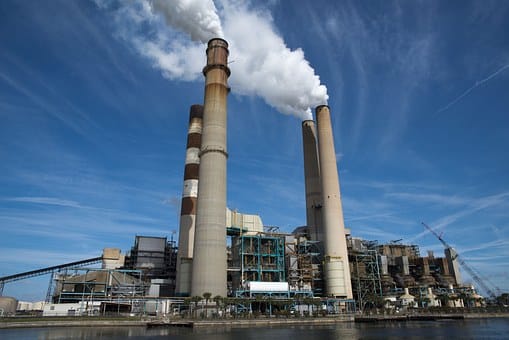U.S. EPA Grants Permits for Carbon Dioxide Injection Wells in Indiana

The U.S. Environmental Protection Agency has issued permits allowing Wabash Carbon Services to build two wells for the injection and storage of carbon dioxide underground, one at a site in Vermillion County and the other at Vigo County, Indiana. The agency announced that the wells met the requirements for initial approval, including rigorous safety measures having undertaken a thorough review which encompassed public engagement. Moreover, Wabash Carbon Services will require separate approval from the agency once the wells are built, before it can commence underground injection of carbon dioxide.
The wells will be used to store carbon dioxide from nearby fertilizer production before it is released into the atmosphere. In this process, carbon dioxide is captured at the emitting facility, transported to the injection wells, and then put under high pressure and transitioned into a liquid so it can be injected deep into the ground through wells.
Carbon capture and storage projects assist in reducing carbon emissions and will aid the U.S. achieve its goal to be carbon neutral by 2050. In recent years, the U.S. has increased funding for associated research, development, demonstration, commercialization, and deployment of zero-carbon industrial innovations. This encompasses incentives for carbon capture and new sources of clean hydrogen— produced from renewable energy, nuclear energy, or waste to power industrial facilities.
Over 1000 public comments were taken into consideration before the agency gave the approval to build the wells. Health and safety stipulations have been on top of the agenda for the agency, as they aim to protect local communities and crucial groundwater reserves in Vermillion and Vigo counties.
Following the approval, Wabash Carbon Services plans to inject up to 1.67 million metric tonnes of carbon dioxide annually into the wells over an injection period of 12 years. As part of the health and safety obligations, Wabash Carbon Services is instructed to consistently monitor and meet reporting necessitates during the carbon dioxide injection duration of 12 years and 10 years afterwards to certify that the injection wells are fit for purpose. The reporting requirements will ensure and make certain that carbon dioxide remains in its injected area and will guarantee safe drinking water.
Extensive and thorough planning went into determining the location of storage sites. Carbon dioxide can be securely stored 5,000 feet below the ground. Analysis shows that there is around 2,100 feet of solid rock between the drinking water in the location and the planned carbon dioxide reservoir beneath, which ensures an effective confining zone.
EnerKnol Pulses like this one are powered by the EnerKnol Platform—the first comprehensive database for real-time energy policy tracking. Sign up for a free trial below for access to key regulatory data and deep industry insights across the energy spectrum.
ACCESS FREE TRIAL